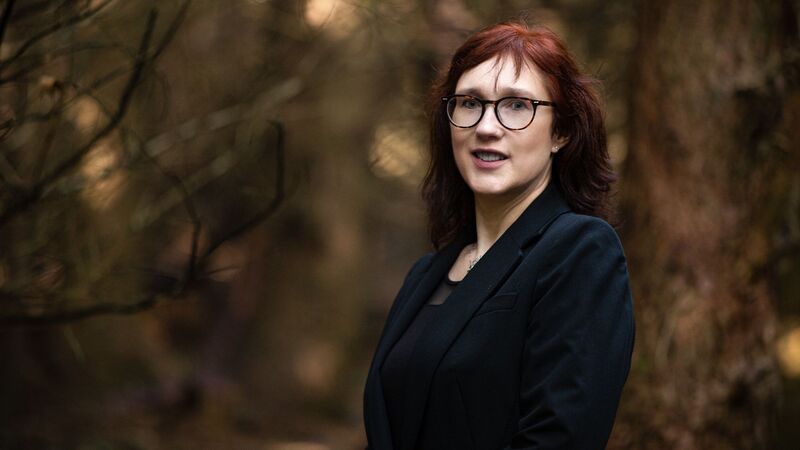You are viewing your 1 free article this month. Login to read more articles.
Writing while caring
Many people who read this month’s column will be carers. If you are not one now, you may be later and some of us will always be in this role. What does this mean? A carer (I use the NHS definition) is anyone who looks after a family member, partner or friend who needs help because of their illness, frailty, disability, a mental health problem or an addiction and cannot cope without their support. 2020 data from Carers’ UK found that there were approximately 13 million unpaid carers in the UK and The NHS Long Term Plan of January 2019 repeated a commitment to improve how the NHS identifies unpaid carers, and to better address their health.
I have been balancing my own needs with those of others for a long time, beginning with my parents in my teens. The intensity of the last three years has, repeatedly, nearly felled me in terms of mental and physical health; before this I spent a decade trying to find appropriate support and diagnosis for the individual I care for. Just over five years ago, I also began writing, so let me share some ideas: how do you pursue a writing career alongside the responsibilities of caring, and how might the publishing industry better acknowledge and support the specific needs which you - we - have?
First, productivity may have to be rethought. Productivity is not only - even mostly - the words committed to the page. It occurs in moments of reading, recognition and rumination. These may be snatched but treasure them because they are of intense power. Jot things down in a notebook if you can, but otherwise just commit them to memory. If you are too tired to remember specifics, summon up the feeling of those thoughts later. Too subtle? This is how I wrote my last novel. Moreover, I explored the idea of productivity for you here in a previous Bookseller column.
Consider joining the Society of Authors’ group specifically for carers to meet some like-minded people, blunt your sense of isolation and access additional information. That done, your tribe comes into play. This is the group of people with whom you surround yourself: mine is called ‘Writing Support Group’: a motley and understanding clutch. When building your tribe - online is fine - you need not be in similar situations, but try to find a cohort of people with whom you can discuss challenges and sometimes cry or be rude and sweary about bad practice or vexation. That done, ask for their encouragement that you be bold in your decisions. Being a carer can be rewarding but it can also be heartbreaking, not just because of what you see a loved one going through, but because of having to find resources, multi-task, contact various agencies and, not infrequently, see it all fail. If you are working with someone in our industry who lacks compassion, misrepresents you or drains precious energy from you, consult your tribe and gird your loins as you let this person, or these people go. I realise this is a difficult and fraught thing, but I also understand the strain you might be under, and I see you. See yourself, too. Nourish your self-belief.
Finally, some thoughts for industry practice, based on my own and others’ experience. First, if you are a carer, it is likely that you need both clear planning and flexibility because of routines, medical appointments, unexpected crises and systemic failures – and also sometimes because you are, yourself, too tired or too sad to get everything done or perform in a public persona. Thus, it is important that planning from the publishing end is clear: publication dates, events, deadlines for edits, meeting appointments. Unfortunately, this is not always the case.
Then, connected with this, is the need for honest dialogue: partly so that you can communicate with your publisher, editor or agent as problems arise and partly so that you know what is going on from their end. Understanding in a work context is vital and underpinned by the idea that some (many) lives are very difficult. Our industry might be more aware, also, that writing may be a conduit - the only available conduit - into meaning and feeling heard and seen for someone who feels marginalized. For that reason, in querying and submission, I propose that, as industry standard, an automatic email acknowledgment of work is in order, then a reply or a very clearly stated timeline on the period of consideration: three months (for example) and it is a no. One month after request of a full manuscript, that is a no.
There is genius out there, much founded in intense pain and frustration. As writers and as an industry, we can work together to ensure it is nurtured and seen.
Anna Vaught is a novelist, short story writer, editor, mentor, English teacher and mental health campaigner. Her third and fourth books, Saving Lucia (Bluemoose) and Famished (Influx), were published in 2020.









